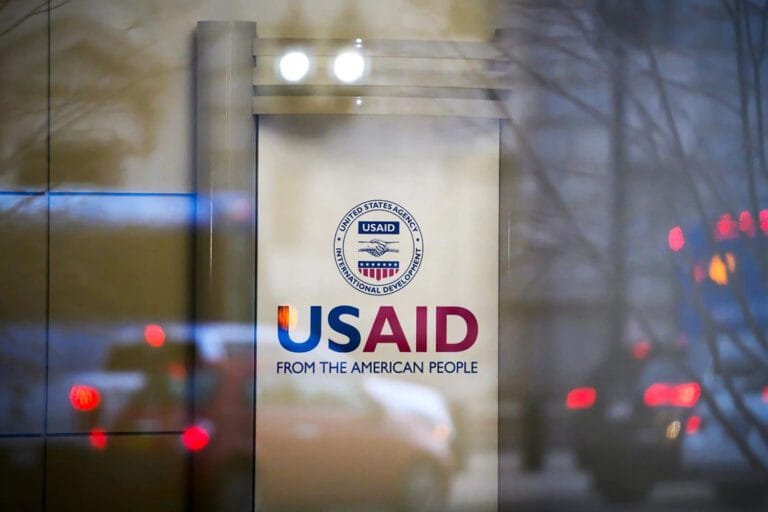🎧 Listen to This Article
Ethiopia’s parliament has introduced a new national tax on workers and businesses to compensate for the financial shortfall caused by the suspension of USAID funding. The measure aims to sustain critical development and humanitarian programs previously supported by U.S. aid.
Bridging the Funding Gap
The revenue from this tax will be directed to the newly established Ethiopian Disaster Risk Response Fund, which will finance essential projects that have been disrupted due to the loss of USAID support. Ethiopia, home to over 125 million people, was the largest recipient of U.S. aid in sub-Saharan Africa, receiving $1.8 billion in 2023. These funds covered:
- Emergency food aid
- HIV treatment and vaccines
- Education and job creation programs
- Support for over 1 million refugees
Following the aid suspension, most of these programs have ceased, and USAID personnel in Ethiopia have been placed on administrative leave with potential job losses.
Who Will Be Taxed?
- Employees in both public and private sectors
- Companies in banking, hospitality, and other industries
- Mandatory corporate contributions
A parliamentary committee is currently reviewing the bill to determine specific tax rates and implementation guidelines.
Why the Tax is Necessary
Ethiopia faces ongoing conflicts in Tigray, Amhara, and Oromia, with millions requiring urgent food and healthcare assistance. With international aid funding halted, the government sees this tax as a necessary step to ensure financial stability and continued support for essential public services.
This marks a significant shift in Ethiopia’s financial strategy, as the nation looks to domestic funding solutions to sustain relief efforts.
For further details, clarification, contributions, or any concerns regarding this article, please contact us at editorial@tax.news. We value your feedback and are committed to providing accurate and timely information. Please note that our privacy policy will handle all inquiries



